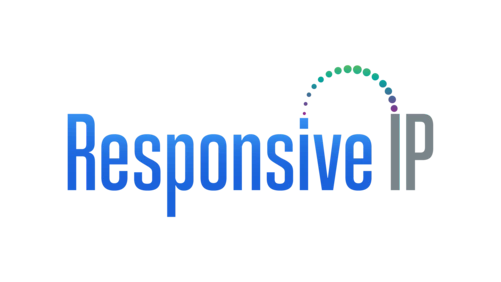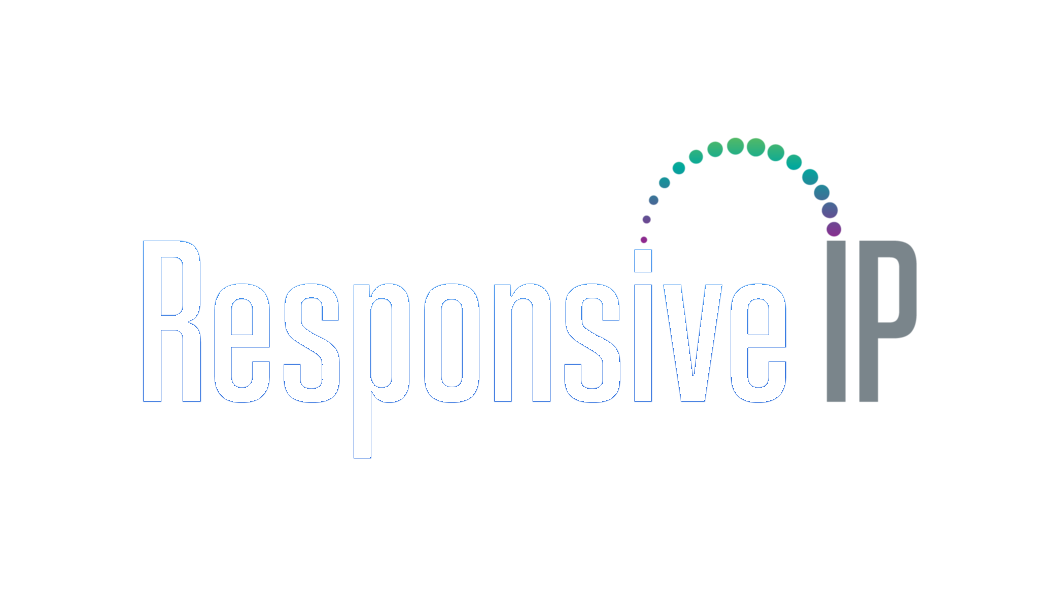Revolutionize Your Business Communication with Responsive IP PBX
Call Management Features:
- Follow Me & IVR Menus
- Multi-factor Authentication (SMS, email, 3rd party)
- Contacts, Ring Groups, Time Conditions
- Call Forward/Waiting & Call Flows
- Call Parking & DID Management
- Call Block & Call Broadcasting
- Call Transfer (Attended/Blind) & Call Queues
- Call Recording & BLF/DND support
- Music on Hold & Missed Call Notification
- SMS/MMS & Softphone for iOS/Android
- Completely Cloud-based Web App
- Voicemail & Multi User/Group Management
- Call Center Environment set-up for inbound/outbound calls
Get a Free Trial Today!
What is a PBX & Why is It Essential for Your Business?
A PBX (Private Branch Exchange) is a private telephone network that enables businesses to manage internal and external calls efficiently. Unlike traditional phone systems, a modern IP PBX operates over the internet (VoIP), offering advanced features, scalability, and cost savings.
Why Choose an IP PBX for Your Business?
Cost-Effective
No expensive hardware; cloud-based solutions reduce setup & maintenance costs.
Scalable
Easily add users, extensions, or features as your business grows.
Advanced Call Management
Features like IVR, call queues, voicemail-to-email, and call recording enhance productivity.
Remote-Friendly
Employees can connect from anywhere using softphones (iOS/Android) or web apps.
Reliable & Secure
Enterprise-grade security with multi-factor authentication (MFA), encryption, and DID management.

How Does a PBX System Work?
A PBX (Private Branch Exchange) acts as the central nervous system of your business communication, routing calls seamlessly between internal teams and external clients. Let’s break down how different PBX systems operate and why Responsive IP PBX stands out as the ultimate choice for modern businesses.
Types of PBX Systems

Traditional (Analog) PBX
Traditional PBX systems are the legacy solution for business communications, relying on physical infrastructure and copper landlines. These systems connect to the Public Switched Telephone Network (PSTN) and use an on-premises “PBX box” to route calls through telephony switches to desk phones. While once the industry standard, they struggle to meet modern business needs.
How It Works:
Operates via copper landlines and PSTN.
Requires an on-site PBX hardware unit to manage call routing.
Uses internal extensions to connect calls within the office.
Limitations:
Limited scalability: Fixed number of extensions and outside lines.
High costs: Expensive hardware, installation, and maintenance.
Outdated features: No support for IVR, remote access, or voicemail-to-email.
Inflexible: Difficult to adapt to growing teams or new technology.

Cloud-Hosted PBX
Cloud-hosted PBX is the modern evolution of business phone systems, fully managed by a provider and accessible from any device. Perfect for businesses prioritizing agility, security, and cost-efficiency, it eliminates the need for on-site hardware and offers enterprise-grade features.
How It Works:
Hosted entirely in the cloud by your provider.
Accessible via IP desk phones, desktop apps, or mobile softphones.
Automatic updates and security managed by the provider.
Key Benefits:
No hardware: Set up in minutes and access from anywhere.
Top-tier security: Encryption, multi-factor authentication (MFA), and DID management.
Always updated: Latest features and integrations added automatically.
Reduced costs: Save up to 60% on setup and maintenance.

Digital (IP) PBX
Digital PBX systems leverage Voice over Internet Protocol (VoIP) to transmit calls over the internet, replacing clunky hardware with software-driven solutions. Ideal for businesses seeking modern features without the constraints of analog systems, IP PBX supports seamless integration with tools like CRM platforms and email.
How It Works:
Uses VoIP technology for internet-based calling.
Managed via software (cloud or on-premises) instead of physical hardware.
Integrates with business apps for streamlined workflows.
Why Businesses Choose IP PBX:
Cost savings: No upfront hardware investment; scalable pricing.
Flexible scaling: Instantly add users, extensions, or features.
Advanced tools: IVR menus, call queues, voicemail-to-email, and call recording.
Remote support: Employees can use softphones on iOS/Android devices.
Why Modern Businesses Prefer Cloud-Hosted PBX
While traditional systems are fading into obsolescence and on-premises IP PBX still requires internal IT resources, cloud-hosted PBX offers the perfect blend of flexibility, affordability, and cutting-edge features. From startups to call centers, it adapts to your needs without the hassle of physical infrastructure.
Ready to Upgrade?
Contact us today for a free consultation or to explore custom solutions tailored to your business.

